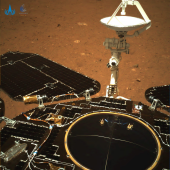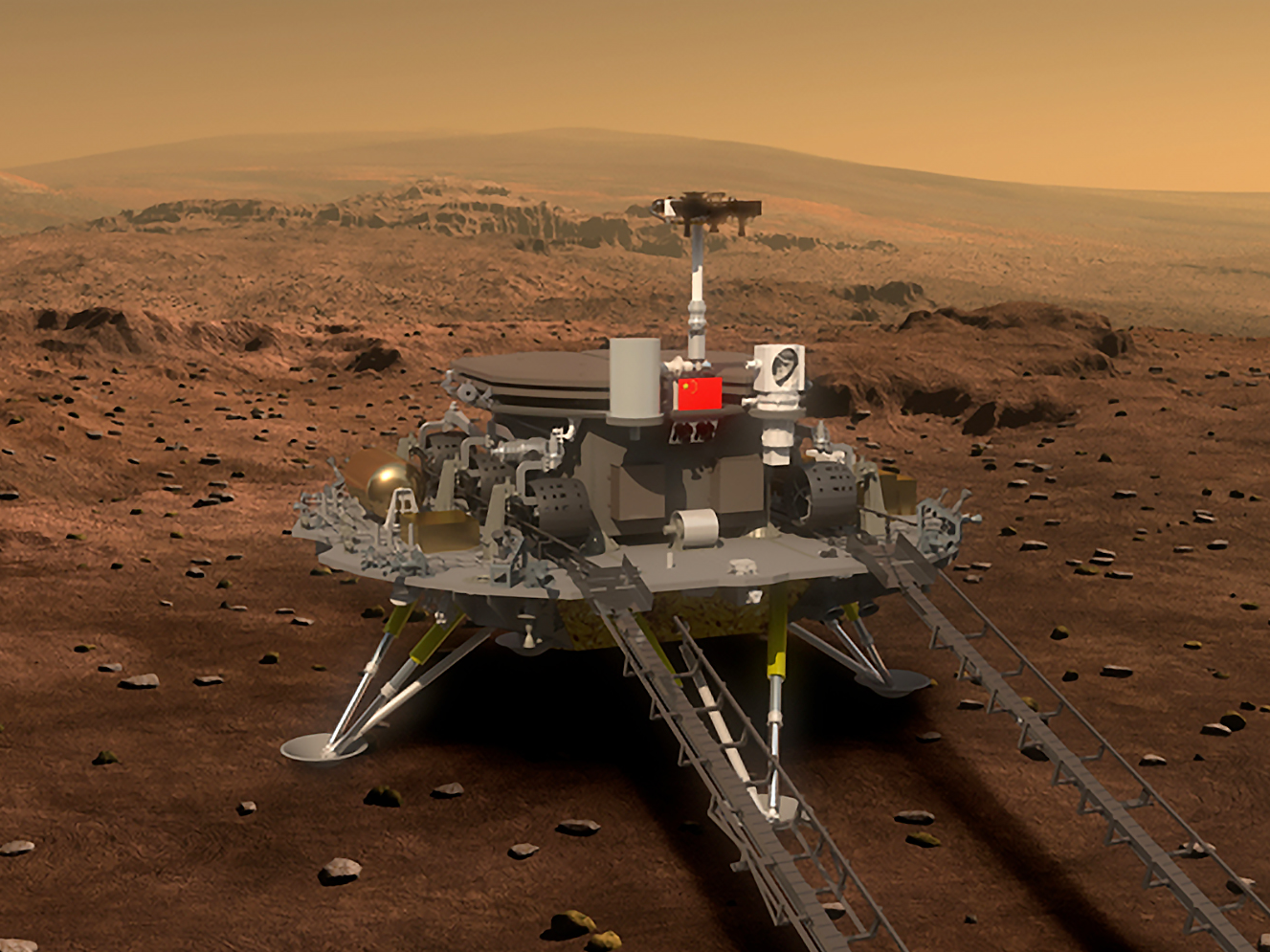Crafty Sasquatch
New Member
- Joined
- Nov 18, 2022
- Messages
- 13
Danger advanced forum helpers only allowed to read past this point!!!
Does anyone know of a manufacture that has system components that can run efficiently at such a high altitude?
Many manufactures have told me their systems can not run at that altitude and lose up to 40% efficiency.
This project is financed with shoestrings and a prayer so please no Cadillac options like Sol-Ark allowed.
Does anyone know of a manufacture that has system components that can run efficiently at such a high altitude?
Many manufactures have told me their systems can not run at that altitude and lose up to 40% efficiency.
This project is financed with shoestrings and a prayer so please no Cadillac options like Sol-Ark allowed.





